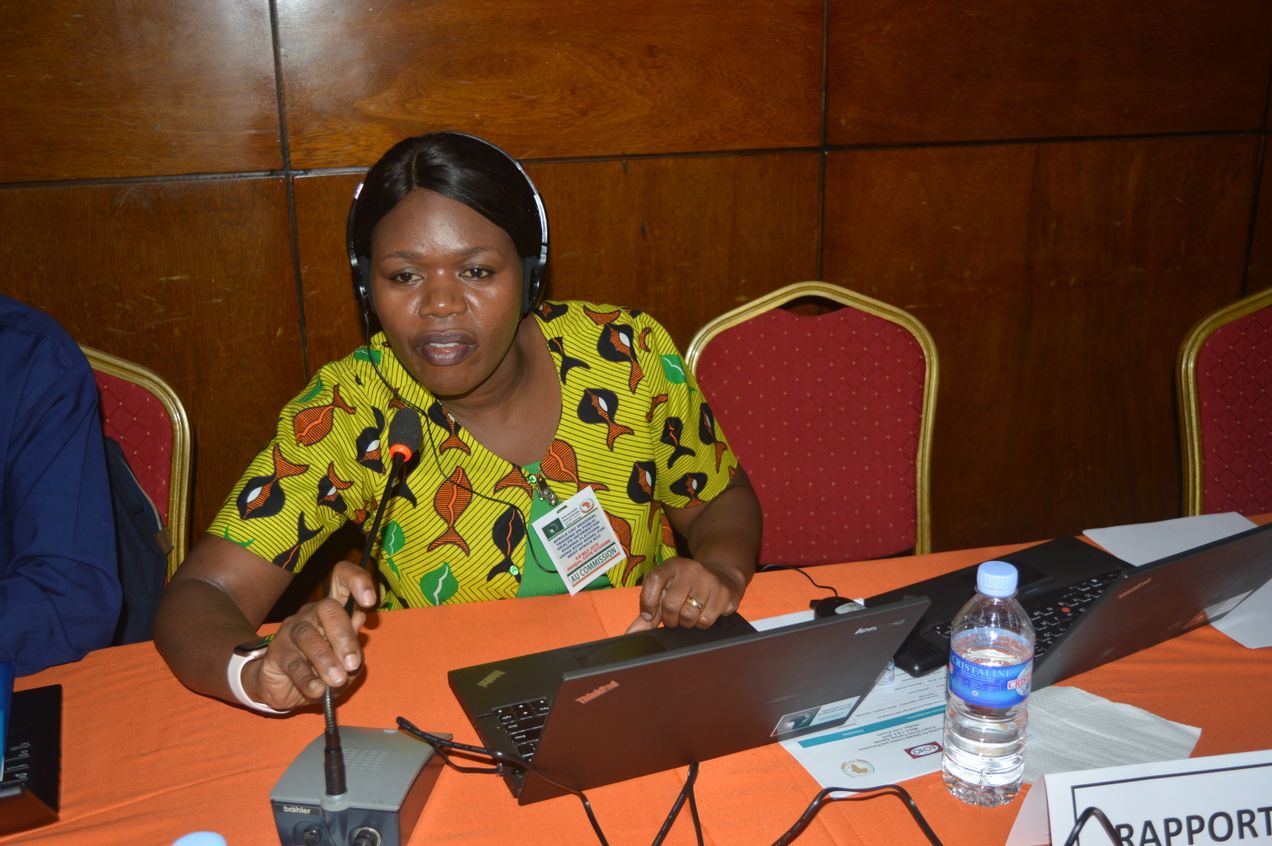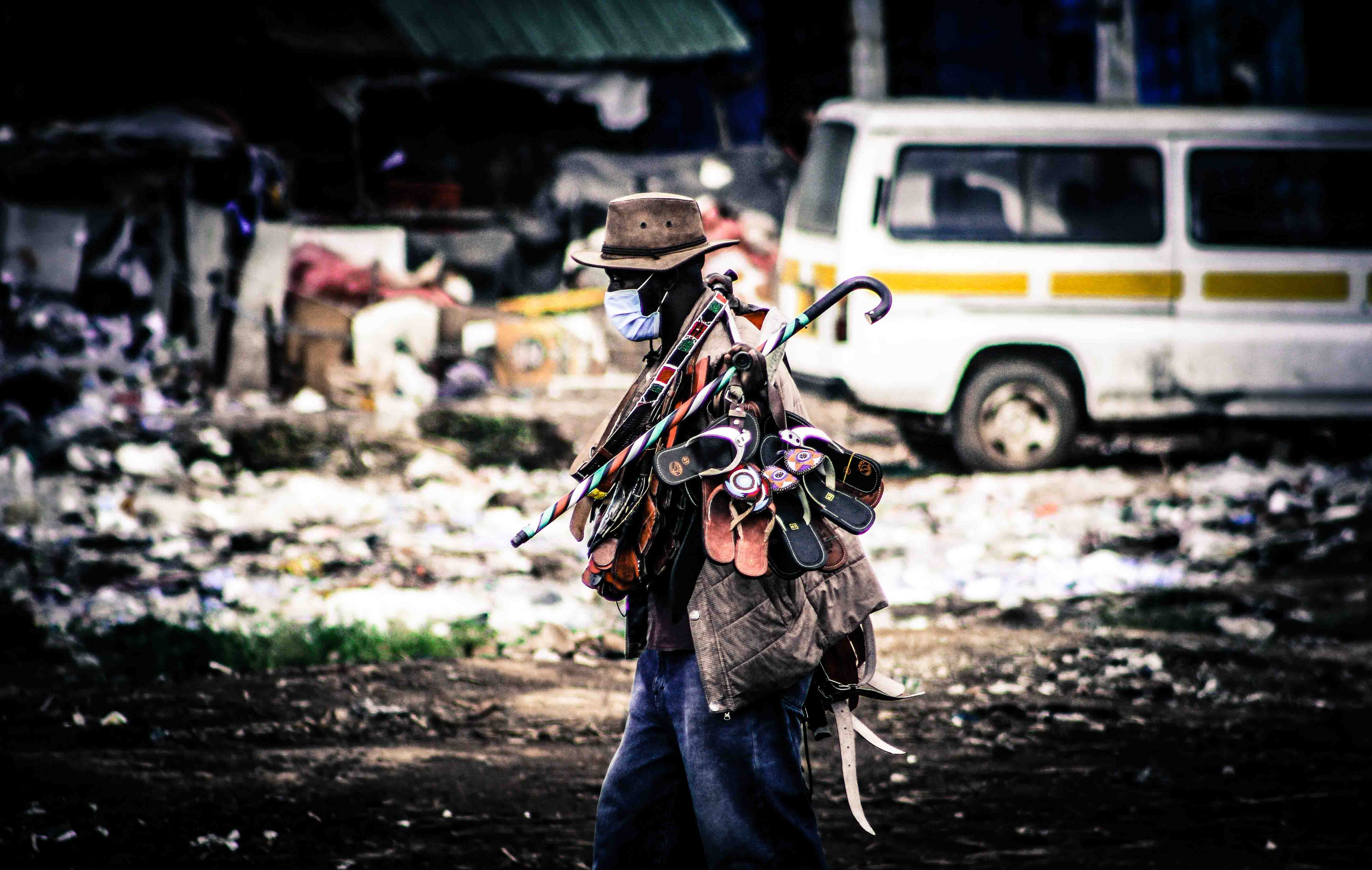
What Shouldn't Stop Post-Covid19
Zindzi Kibiku shares favourite newly acquired behaviours that Africans should keep doing, even beyond Covid19.
Never in a million years would I have guessed, that one day matatus would have a sense of decorum and cleanliness. You see, matatus (also known as combis in most parts of Southern Africa and molue in Nigeria), are a popular means of transport in Kenya and Africa at large. They are known to be somewhat chaotic yet effective in getting you from point A to B. Covid-19 made it more bearable to use them given
the new preventative measures.
If you ask me, our personal hygiene has increased as a society.
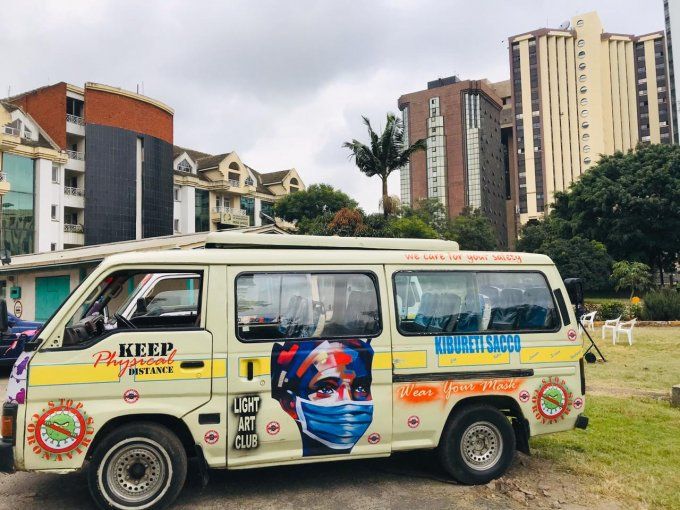
Some bus terminals in Nairobi have a small water tank offering customers an option to wash their hands prior to boarding or the bus conductor offers to spray your hands with sanitizer.
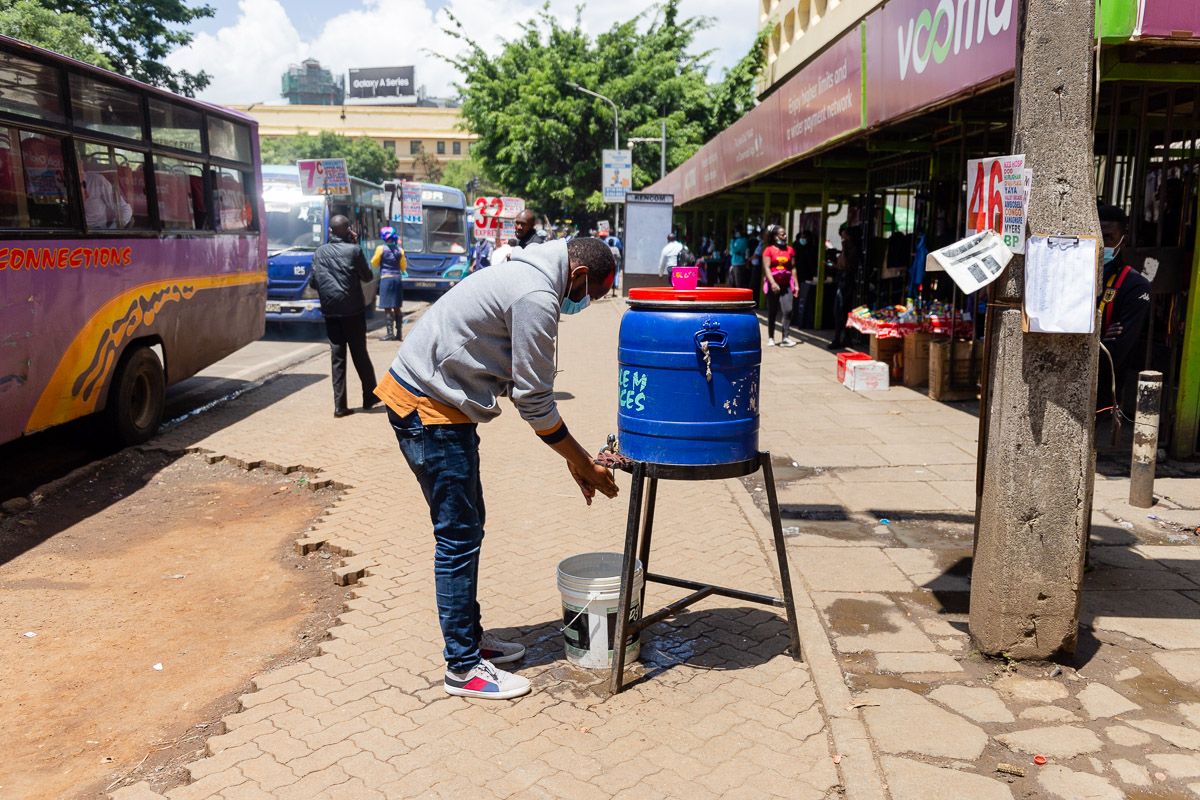
My favorite new rule is social distancing. If we could continue with
social distancing in public transportation, that would be amazing, so can we? Yes? Thank you.
As a people, here in Kenya and around the world, the idea of working from home has been embraced. Zoom meetings have become the new normal. Perhaps this should be a concept both employers and employees, should continue to adopt moving forward. We’ve embraced virtual meetings, that Zoom saw 300 million virtual meetings daily as of April 2020, up from 10 million in December 2019. To give you a larger idea how massive virtual meetings have become, Zoom in 2019 was valued at USD 15.9 billion and as of May 2020 their market capitalization was standing at a record of USD 48.8 billion. I know! I’m flabbergasted,
myself.
It has become so normal to automatically sanitize your hands at the entrance of any building and for us to have a small bottle of hand sanitizer right next to our doors for incoming guests.
You and I can, both agree social distancing in queues from supermarkets counters, banks to bus terminals should continue post COVID-19! This has become a personal favorite. Personal space in public is a forgein concept for many. Prior to Covid-19, queues were opportunities for groping, theft and germ transfer to mention a few.
We can not forget the increase of hand sanitization both in public places and in our own private homes.
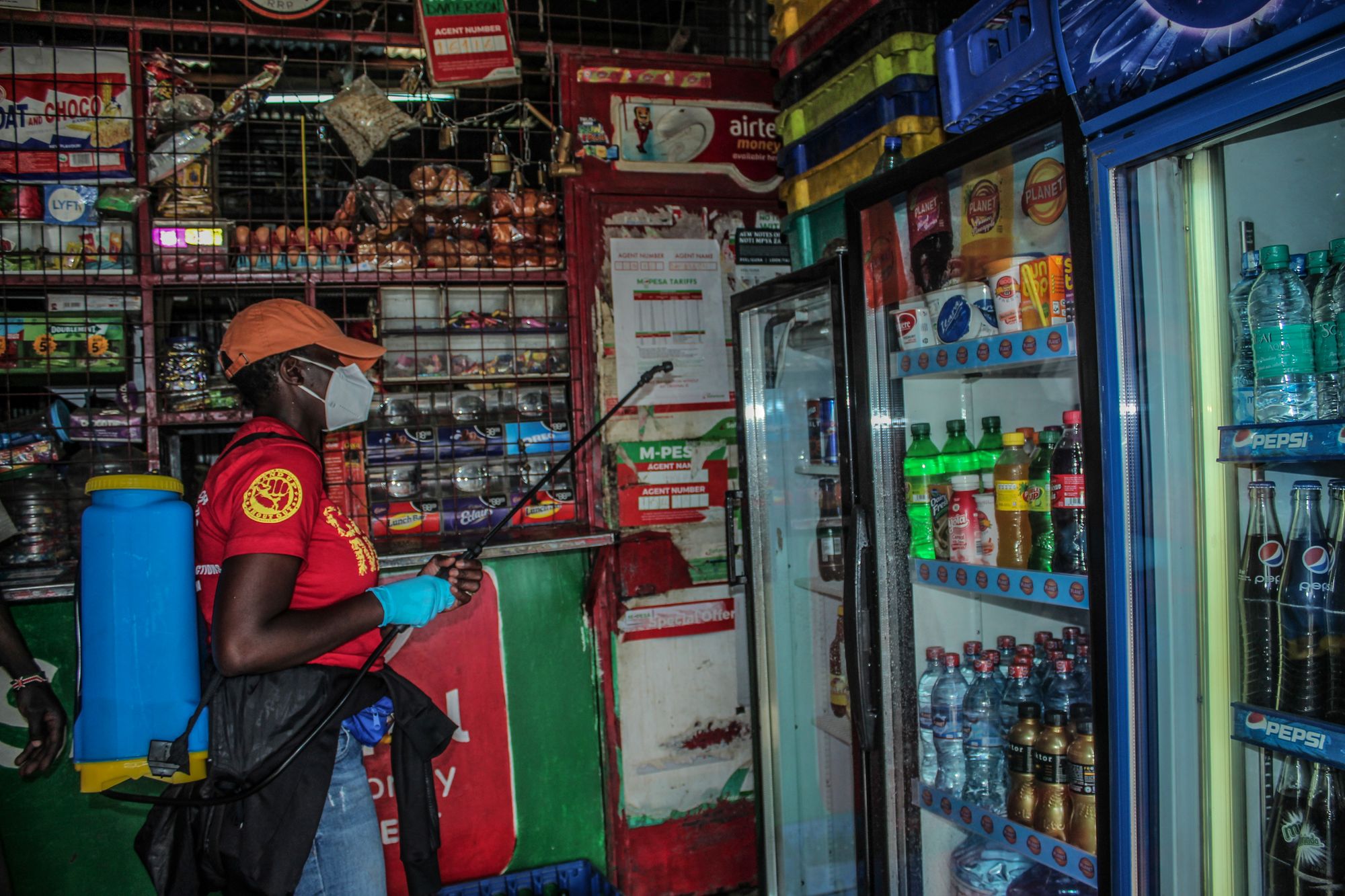
It has become so normal to automatically sanitize your hands at the entrance of any building and for us to have a small bottle of hand sanitizer right next to our doors for incoming guests. If you ask me, our personal hygiene has increased as a society. I vividly remember, in a conversation, a friend mentioned how she would continue to wear masks post Covid-19. “Why, Ruth?” as I inquired enthusiastically. “Why not! It gives me anonymity and reduces chances of catching any respiratory illness.” Ruth is in her own world but we all have that one friend who shares her sentiments.
Institutions of higher learning such as universities should continue offering majority of academic learning digitally. On the down side, over 18 million pre-primary, primary and secondary school learners from mid-March 2020 were not benefiting from virtual learning. Kenya, is well known as the Silicon Savannah and an internet penetration rate of 83%, but this was not reflecting in classrooms. In South Africa, online learning has proven to be a saviour for many schools. Over 30 sites enabled students to access learning material for free. Statistics if 2018 from National Education Infrastructure Management System show exponential potential for online learning with 15,488 primary and high schools without
computer labs.
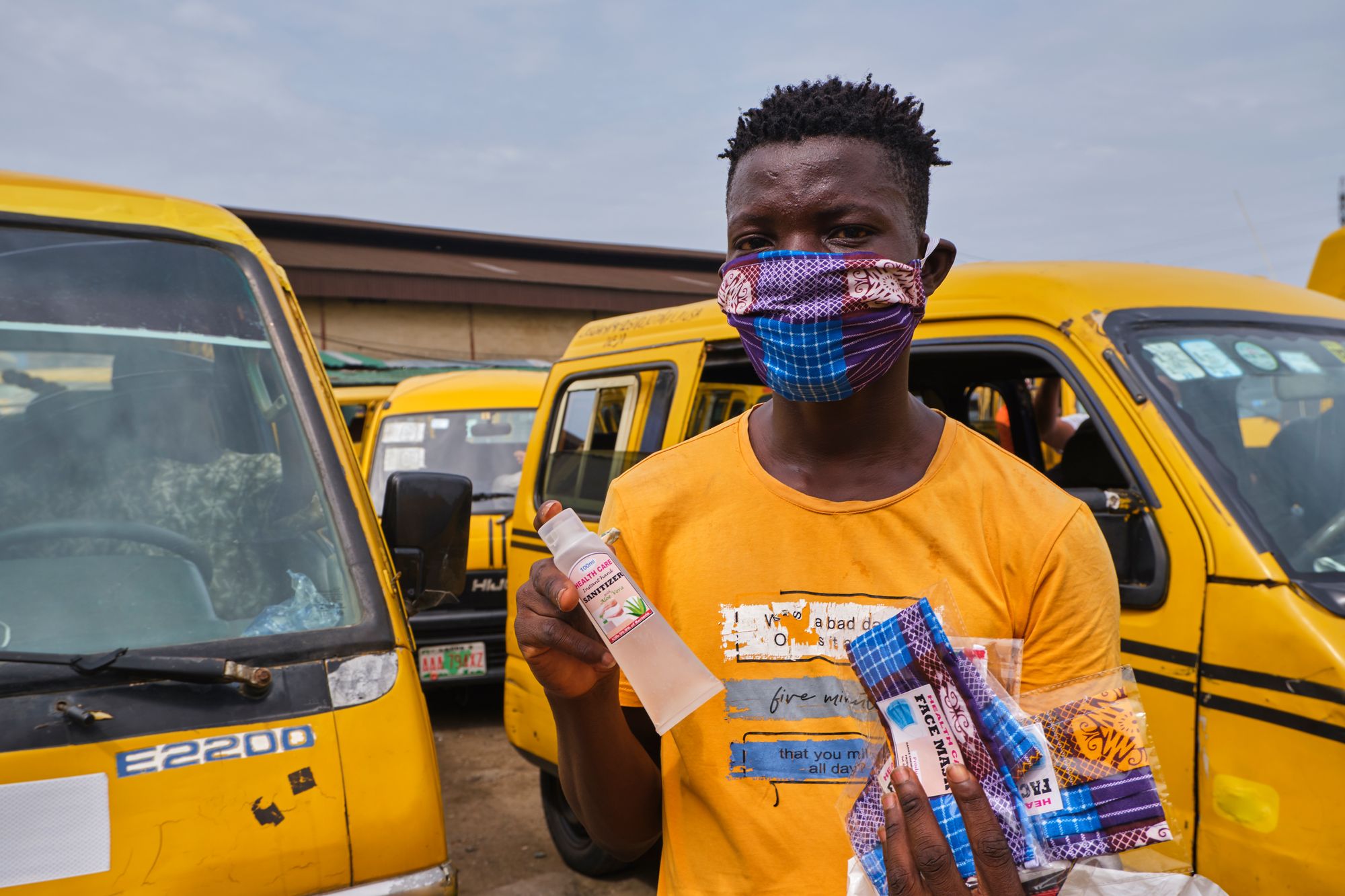
In Nigeria, the whole sector had to retool. For example, Lagos government distributed 10,000 radio sets to students in under-served communities. The private sector was refused to lack behind. One tech start up- uLesson, launched in February of 2020 saw close to 250,000 downloads of academic material. COVID-19 has probably done more for digital firms and platforms. Be it delivery companies such Amazon to the increase usage of digital paying platforms. Here in Kenya, the use of M-Pesa and Airtel Money (mobile payment platforms) were already a popular concept amongst locals. It is so popular, that one can pay their vegetables with it. But what happens to an industry that heavily relies on paper money?
This only pushed the use of digital money via telecoms stronger with banks and the ministry of health cautioning against use of paper money. Before COVID-19, one could not pay for their bus fare via M-Pesa but the matatu/combis/molue industry had to embrace this concept if they were to stay economically afloat. Safaricom’s 2020 profit show it all. The East African telecom giant recorded KES 74.7 billion net revenue with mobile payment contributing KES 84.4 billion of it. We could possibly be witnessing the dying of paper money as we know it.
We can count how many amazing things COVID-19 took away from us, and we can also choose to see what COVID has done for us.

